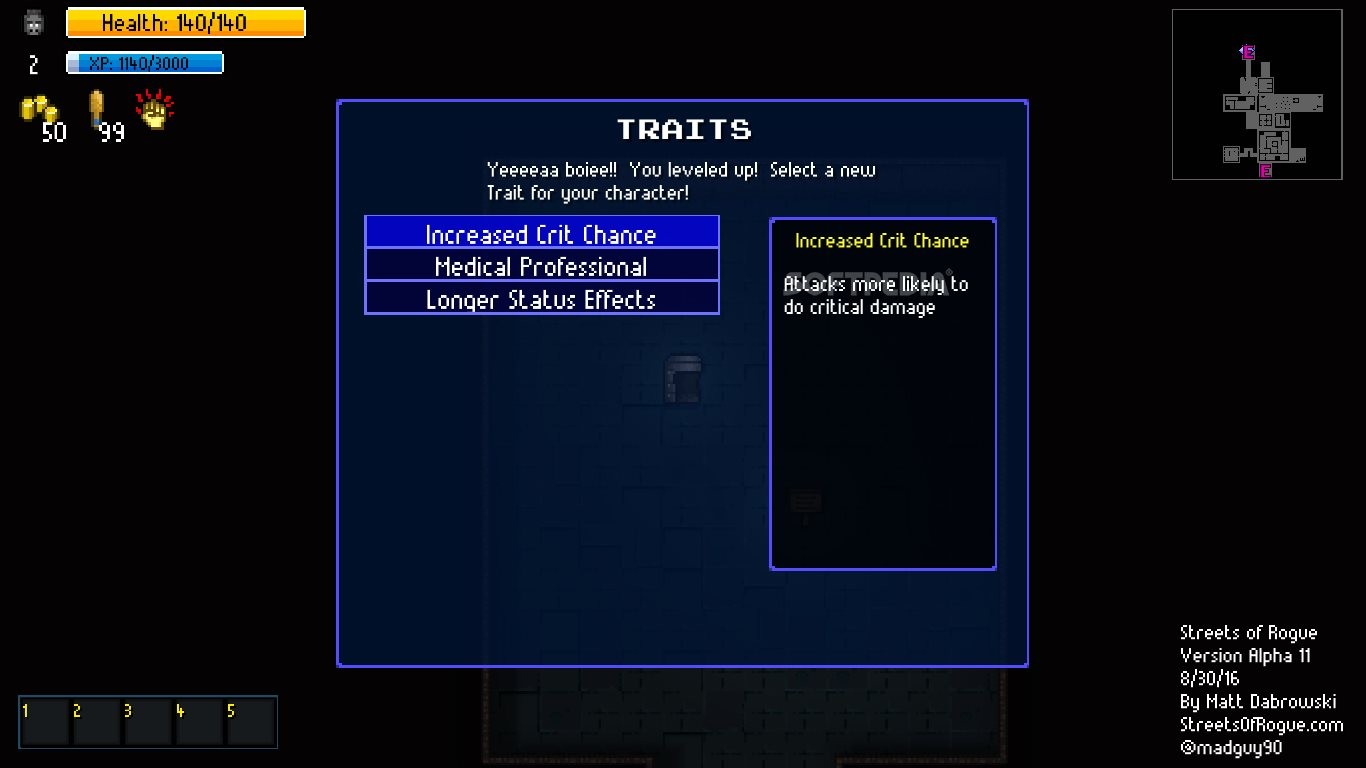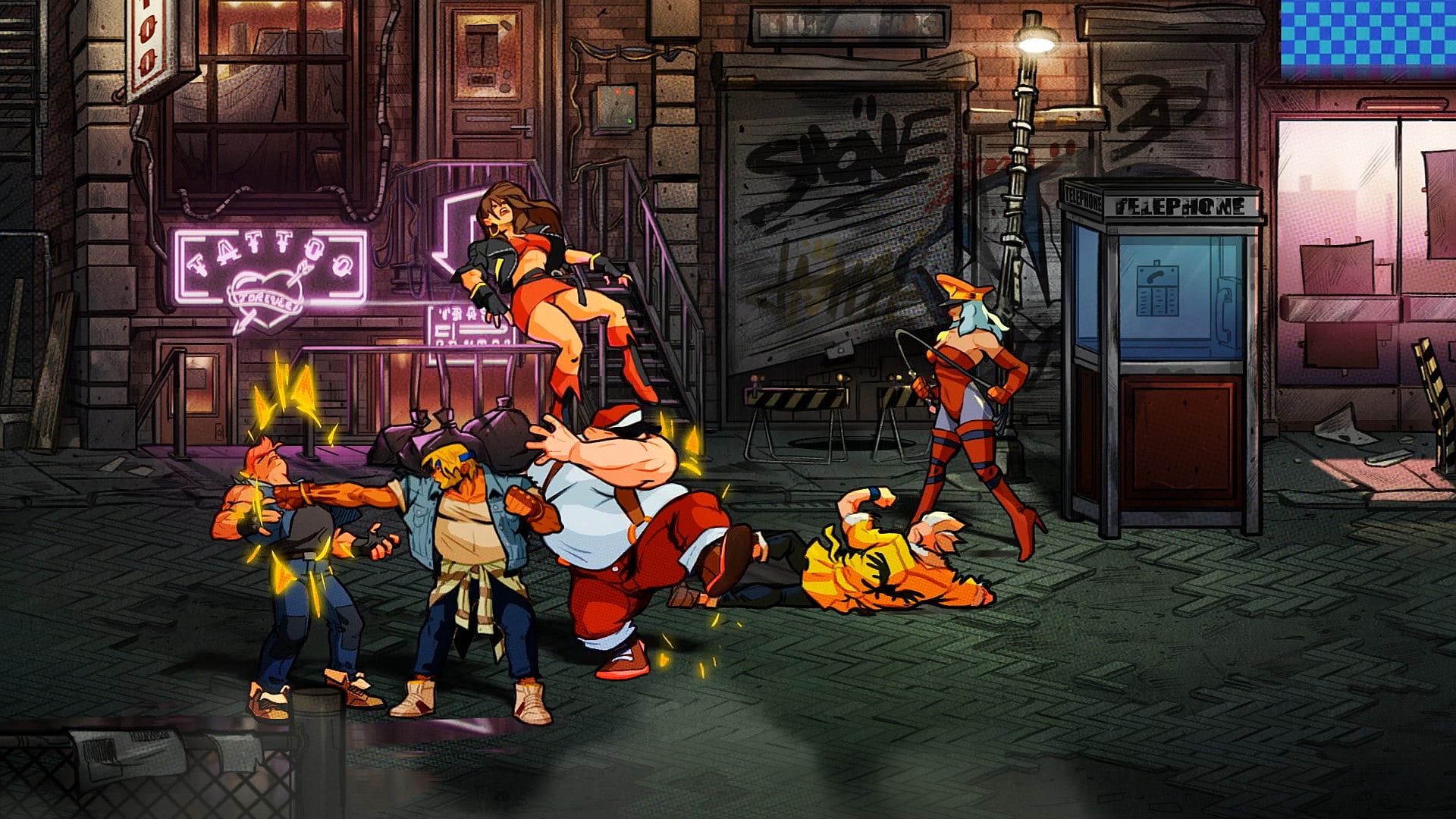


Release Date: 6th Jun 2019 ( USA) / 6th Jun 2019 ( UK/EU) Many games use a basic run-based structure but let you unlock certain equipment or abilities that persist in subsequent runs, resulting in a less brutal experience if you don't have the time (or inclination) to simply git good. You steadily acquire gear and abilities on the way until you either beat the game ( yay!) or die before being sent back to the beginning, stripped of your booty, to try again.Įven if the word turns you off, the range of genres offering roguelike or lighter 'roguelite' mechanics has become so broad that it's unlikely that you'll hate every single one. The label has become so pervasive that it now stands alongside ' Metroidvania' as an increasingly vague (though very handy) shorthand for games with specific mechanics in this case, games with randomised elements that are approached in one 'run'. These days, it often feels like 'roguelike' - which refers to dungeon crawler Rogue from 1980 - is attached to every other indie game released. That divisive descriptor draws some players like moths to a flame, while others run a mile at the mere whisper of it. When it comes to modern video games, there are few more polarising terms than 'roguelike'.


 0 kommentar(er)
0 kommentar(er)
